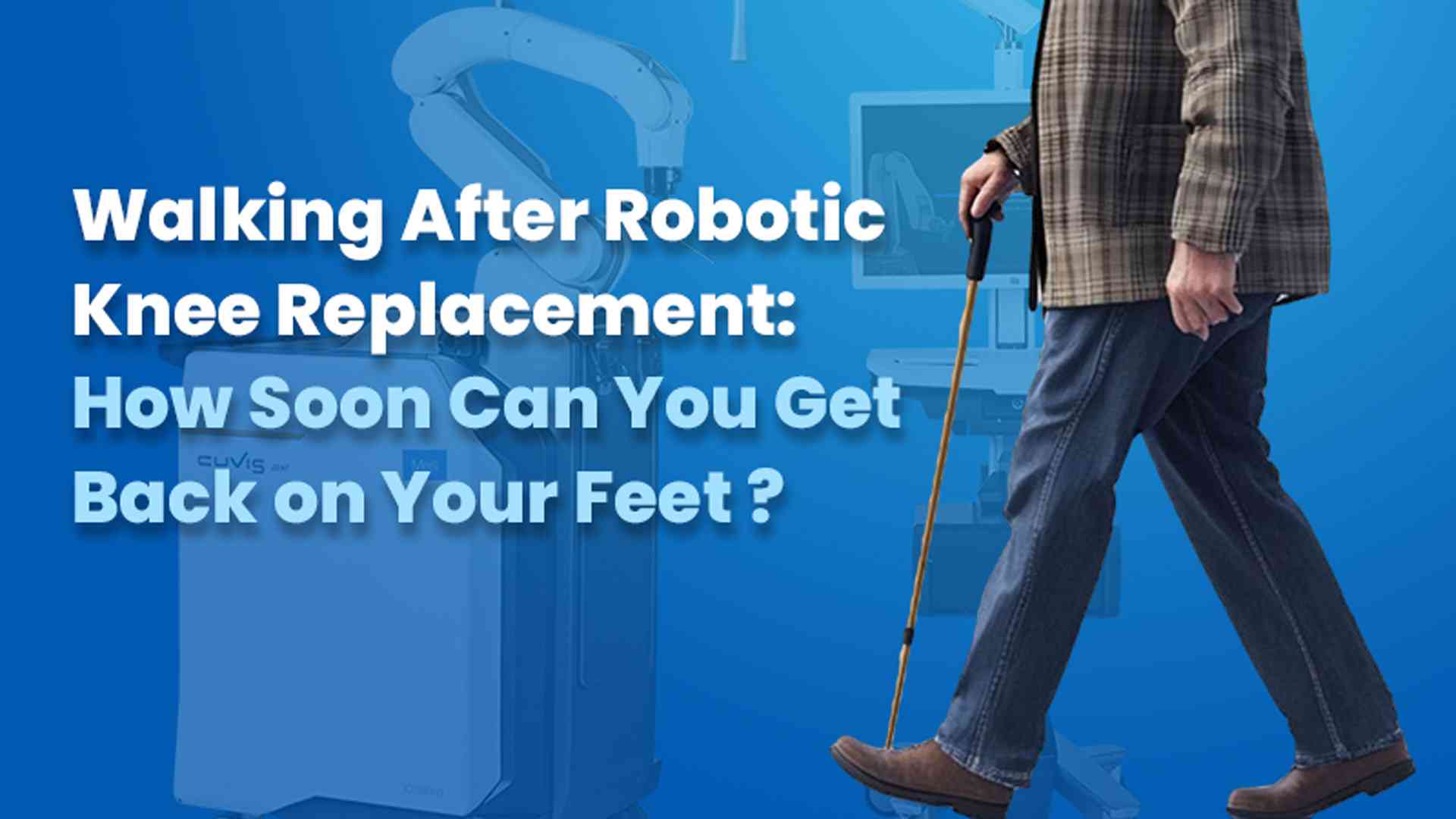What is the difference between Alzheimer's and Dementia?
Verified By Dr. Yavnika Jain | 16-May-2024
Memory. It's the cornerstone of who we are, shaping our personalities and holding our life stories. But what happens when memory falters? When the once-familiar becomes a confusing labyrinth? This is the territory of dementia and Alzheimer's disease, two terms often used interchangeably, but with crucial distinctions. Understanding these differences empowers us to navigate this challenging terrain and seek the best possible care.
Table of Content
Imagine a large umbrella. Underneath it stands a diverse group of individuals experiencing cognitive decline - memory loss, difficulty with problem-solving and impaired communication. This umbrella represents dementia, a general term encompassing various conditions that affect thinking, reasoning, and daily activities. It's not a specific disease itself, but rather a syndrome with a variety of causes.
Now, picture the largest figure under the dementia umbrella. This is Alzheimer's disease, stands out as the most frequent culprit, it accounts for a staggering 60-80% cases. It's a progressive neurodegenerative disease, meaning brain cells deteriorate and die over time. This gradual decline leads to worsening symptoms like memory loss, confusion, and behavioural changes.
Also read: How to Handle Anxiety in Children?
While both dementia and Alzheimer's involve memory decline, there are key distinctions:
- Underlying Cause: Dementia can have various causes, including vascular dementia (caused by reduced blood flow to the brain), Lewy body dementia (associated with abnormal protein deposits in the brain), and frontotemporal dementia (affecting specific areas of the brain). Alzheimer's, on the other hand, has a specific cause - the abnormal buildup of protein plaques and tangles in the brain.
- Rate of Progression: Dementia can progress at different rates depending on the underlying cause. Alzheimer's typically progresses gradually, with symptoms worsening over months or years.
- Impact on Brain Function: Dementia affects various cognitive functions, while Alzheimer's primarily affects memory in the early stages. As the disease progresses, other cognitive areas are also impacted.
Vascular dementia deserves special mention. It's the second-most common cause of dementia and occurs due to problems with blood flow to the brain. Symptoms may develop suddenly or gradually, and can include difficulty with problem-solving, planning, and judgment, alongside memory loss.
Both dementia and Alzheimer's progress through stages, though the rate and specific symptoms may vary. Here's a simplified breakdown:
- Early Stage: Mild memory lapses, difficulty finding words, and challenges with familiar tasks are common.
- Middle Stage: Memory loss becomes more significant, confusion increases, and difficulty with daily activities like dressing or managing finances may arise. Behavioural changes like wandering or social withdrawal might also occur.
- Late Stage: Severe memory loss, dependence on others for daily care, and significant personality changes are characteristic.
- Diagnosis: Both Alzheimer's and dementia are diagnosed through comprehensive medical evaluations, including cognitive assessments, medical history review, imaging tests (such as MRI or CT scans), and laboratory tests.
- Treatment: While there is no cure for Alzheimer's or most forms of dementia, treatments focus on managing symptoms, slowing disease progression, and improving quality of life. Medications, cognitive therapy, lifestyle modifications, and supportive care are essential components of management.
If you suspect yourself or a loved one might have dementia or Alzheimer's, seeking expert advice is crucial. Noida boasts some of the best neurological care facilities in India.
Remember, early detection is key. If you notice any of these warning signs in yourself or a loved one, consult a neurologist for a comprehensive evaluation. The best neuro hospitals and neurologists in Noida are equipped to provide expert diagnosis, treatment options, and support for navigating the journey of dementia or Alzheimer.
Also read: How to Control Fasting Blood Sugar during Pregnancy?
Q1. How can you tell if someone has dementia or Alzheimer's?
Differentiating between dementia and Alzheimer's requires a thorough evaluation by a neurologist. They will conduct a detailed medical history, cognitive tests, and potentially brain imaging scans to arrive at a diagnosis.
Q2. What are three things not to say to someone with dementia?
- "Don't you remember?" This can be frustrating and embarrassing for the person with dementia.
- "You're just being forgetful." Dementia involves more than just forgetfulness.
- Treat them like a child. Speak with respect and use simple language, but avoid talking down.
Q3. What are the 10 early warning signs of dementia?
- Increasing forgetfulness, especially recent events.
- Difficulty following conversations.
- Challenges with familiar tasks like managing finances or cooking.
- Disorientation to time and place.
- Difficulty with problem-solving and decision-making.
- Misplacing belongings and an inability to retrace steps.
- Changes in mood, personality, or behavior, like increased anxiety or social withdrawal.
- Difficulty with speaking or writing.
- Difficulty with visual perception, such as trouble judging distances.
- Loss of motivation or initiative.
Q4. Can dementia be cured?
While there isn't a cure yet for dementia or Alzheimer's, there are effective therapies options available. These therapies can help manage symptoms and improve quality of life for individuals living with these conditions. Early diagnosis is crucial to maximize the effectiveness of these interventions.
Q5. At what age does dementia usually start?
Dementia can develop at any age, but it's more common in older adults. The likelihood of developing dementia increases as we get older, especially after 65. However, it's important to remember that dementia is not a normal part of aging.
Q6. What are the 5 warning signs of Alzheimer's disease?
While the 10 early warning signs of dementia listed earlier can also be present in Alzheimer's, here are 5 key signs specifically associated with Alzheimer's disease:
- Memory loss that disrupts daily life: Forgetting important appointments, conversations, or where you placed belongings are common early signs.
- Difficulty with familiar tasks: Challenges with tasks previously done routinely, like cooking a favorite meal or managing finances, can indicate an underlying issue.
- Problems with language: Difficulty finding the right words, using incorrect words, or struggling to follow conversations are potential red flags.
- Disorientation to time and place: Confusion about the date, time, or even one's location can be a worrying sign.
- Poor judgment: Making decisions that seem out of character, like impulsive purchases or risky behavior, can be a symptom of Alzheimer's.












